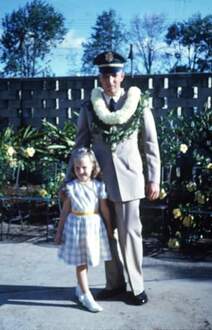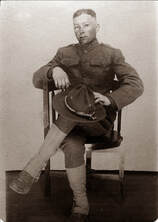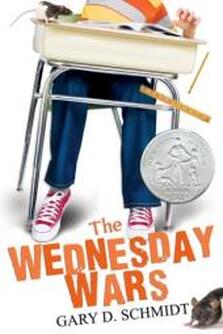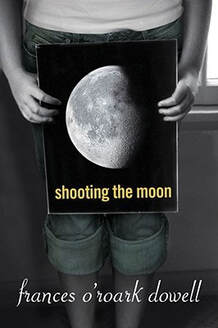 The author and her Uncle, probably in 1965. I don't believe he served in Vietnam, but I don't really remember.
The author and her Uncle, probably in 1965. I don't believe he served in Vietnam, but I don't really remember.
I am just slightly too young to have much personal experience with the Vietnam War. The war ended when Saigon fell on the 30th of April 1975. I was in high school by then, but the war was old news that few people cared about. For many Americans, the war was over in December of 1972, when the last draft call was held, or in March of 1973, when the last of our ground troops left Vietnam. I was still in Junior High then. I had some friends whose older brothers were in the draft, and a few who went over and served, but most of the people I knew where involved in the war were a generation removed from me, and were fathers of friends, old enough to have command or desk jobs. My husband registered for the draft, but the draft had ceased before he could be called up.


But The Wednesday Wars isn’t just a book about a particular point in time; it’s also a book about a boy at a particular point in his own development into manhood. Holling Hoodhood may be a seventh grader during the 1967–1968 school year, but many of the problems he faces are similar to those that seventh grade boys still encounter.
Holling’s father is a self-centered architect who is so busy becoming the Chamber of Commerce Businessman of the year that he can’t attend his son’s performance in The Tempest. The father sees every relationship as a potential business association and demands that he, his family, and their house all be above reproach and perfect at all times. It’s a tough standard to attain, particularly for a middle school boy who, as most boys his age, feels gawky and unsure of himself.
Holling finds an unlikely ally in Mrs. Baker, his no-nonsense teacher. On Wednesday afternoons, half of Holling's classmates leave school early for catechism class and the other half attends Hebrew school leaving Holling, the only Presbyterian, alone in the classroom. Holling thinks Mrs. Baker hates him because of this, but after an unexpected disaster involving cream puffs and chalk board erasers, Mrs. Baker introduces Holling to Shakespeare. The Bard becomes the lens through which Holling processes the world around him, including his relationship with his father, with Meryl Lee Kowalski, the daughter of a rival architect, his sister Heather, and even Mickey Mantle. I couldn’t help but love the awkward, fumbling Holling.

Summer's End, by Audrey Couloumbis, is another book featuring a girl growing up during the Vietnam War. When her older brother is drafted but burns his draft card, thirteen-year-old Grace finds herself in the middle of a war raging within her own family.
Ellen Emerson White’s contribution to the Dear America series is Where Have All the Flowers Gone?: The Diary of Molly MacKenzie Flaherty, Boston, Massachusetts, 1968. The book is set up to be the diary entries of a brother who is a Marine stationed in Vietnam, and his sister, a peace activist back in the states.
Georgie's Moon, by Chris Woodworth tells the story of Georgie Collins, whose father gave her standing orders never to let anyone mess with her before he left for Vietnam. Despite "peacenik" classmates who think the war is wrong and being forced to visit old people in a nursing home, Georgie tries to survive seventh grade in Glendale, Indiana as she waits for her father’s return.
Elizabeth Partridge’s Dogtag Summer tells the story of twelve-year-old Tracy, who was once named Tuyet. Half Vietnamese and half American GI, Tracy has never felt she fit in with her adoptive California family. Finding a soldier's dog tag hidden among her father's things begins a set of events that promise to change everything.

